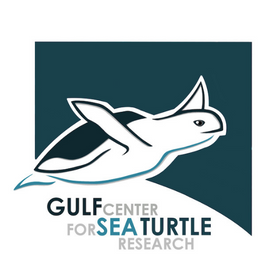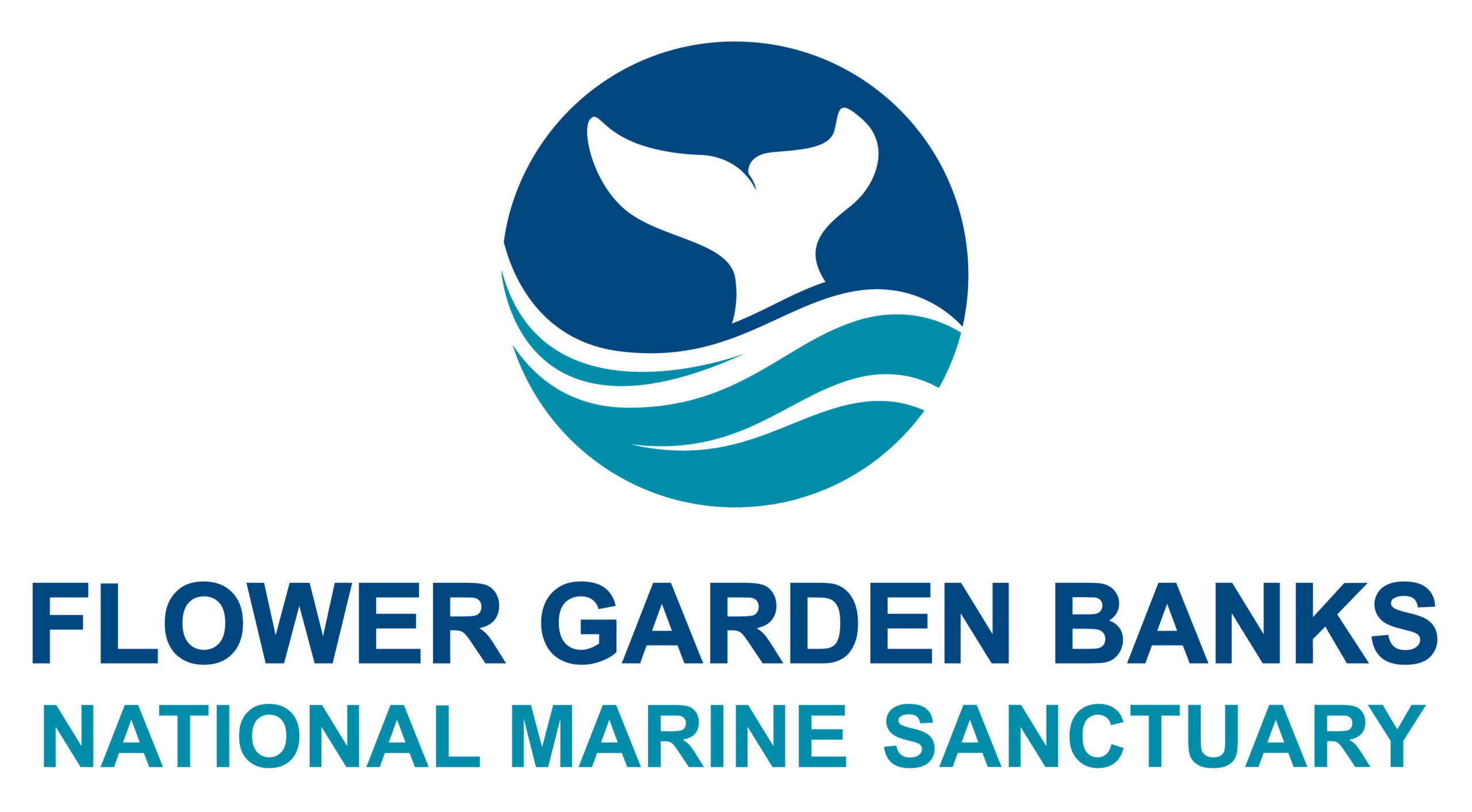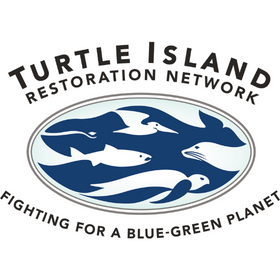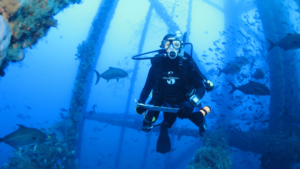 Dr. Michelle Johnston, Superintendent, NOAA Flower Garden Banks National Marine Sanctuary
Dr. Michelle Johnston, Superintendent, NOAA Flower Garden Banks National Marine Sanctuary
Dr. Johnston is a marine biologist, NOAA dive master, and the Superintendent of Flower Garden Banks National Marine Sanctuary (FGBNMS). She got certified to scuba dive at the age of 14, and the rest is history! She completed her B.S. in Marine Biology at the University of North Carolina Wilmington, where she rehabbed sick and injured sea turtles at the Karen Beasley Sea Turtle Rescue and Rehabilitation Center in Topsail, North Carolina. Michelle’s academic studies continued at the University of South Carolina where she completed her M.S. and Ph.D. and worked as a a sea turtle field biologist at University of South Carolina Beaufort’s Pritchard’s Island. She has been with the marine sanctuary program since 2010 and served in a variety of roles, including the acting deputy superintendent at National Marine Sanctuary of American Samoa. Michelle brings a wide variety of expertise across multiple fields of sanctuary management, including coral reef ecology, invasive species, and marine resource management. In her free time, you can find Michelle on her yoga mat teaching classes in Galveston, competing in triathlons, or camping with her husband and 6-year-old son.
Presentation: Sea Turtles in Your Flower Garden Banks National Marine Sanctuary
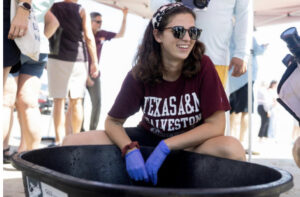 Madelyn Rupp
Madelyn Rupp
My name is Madelyn Rupp and I am a Marine Biology PhD candidate at Texas A&M University at Galveston. I earned my MS from Queen Mary, University of London, and my Bachelors from SUNY Geneseo. I found my passion for sea turtle conservation and research on family vacations to Sarasota, Florida, where I was lucky to intern with Mote Marine Laboratory and Aquarium. I found my research niche during my Master’s, and have since enjoyed using quantitative ecology to inform conservation and management. Here at TAMUG, I lead in-water field work, work as a TA, and get to deploy satellite and acoustic tags on three species of sea turtles. I am so grateful to get to work with such incredible species and interesting data.
Presentation Description: This presentation will cover research conducted in Dr. Christopher Marshall’s lab at Texas A&M Galveston, which investigates the factors influencing habitat selection for juvenile green sea turtles on the upper Texas coast. By combining satellite tag data with remotely sensed environmental data, statistical analyses are used to explore the environmental cues that guide sea turtle behavior. The findings contribute to identifying critical habitats for these species and informing effective conservation efforts in these areas. Dr. Marshall’s work with the GCSTR represents the first long-term, in-water research of sea turtles in this region, providing valuable data for conservation and management.
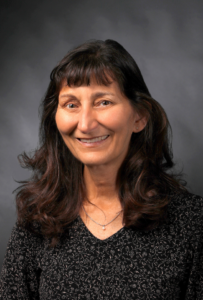 Joanie Steinhaus is the Ocean Program Director for Turtle Island Restoration Network (TIRN).
Joanie Steinhaus is the Ocean Program Director for Turtle Island Restoration Network (TIRN).
Joanie has worked at informal education and environmental sites including the Houston Zoo, the Lower Colorado River Authority and Turtle Island Restoration Network. She has extensive experience in the education of youth and adults about stewardship and conservation of our natural resources.
Joanie has worked with a variety of organizations, both locally and state-wide, to advance conservation and sustainability issues. Her diverse knowledge and passion about the environment in the Texas area has shown in her outreach work to local politicians, community groups, homeowner associations and the general public to help them understand the value of protecting the local flora and fauna. Joanie currently serves as a Sanctuary Advisory Member for the Flower Gardens Bank National Marine Sanctuary in a Conservation Seat.
Presentation Description: The ocean covers 71% of the Earth’s surface and plays an important role in the health of the planet. It provides us with more than half of the world’s oxygen, sequesters 29% of the world’s carbon, and provides livelihood for about 12% of the world’s population. A surprising 94% of the Earth’s species are aquatic and this includes the five species of sea turtles. Climate change and human impacts are causing the ocean’s health to diminish, and that is why we are calling on you to help us protect the ocean. Learn a few simple ways to start making a difference for the ocean today!
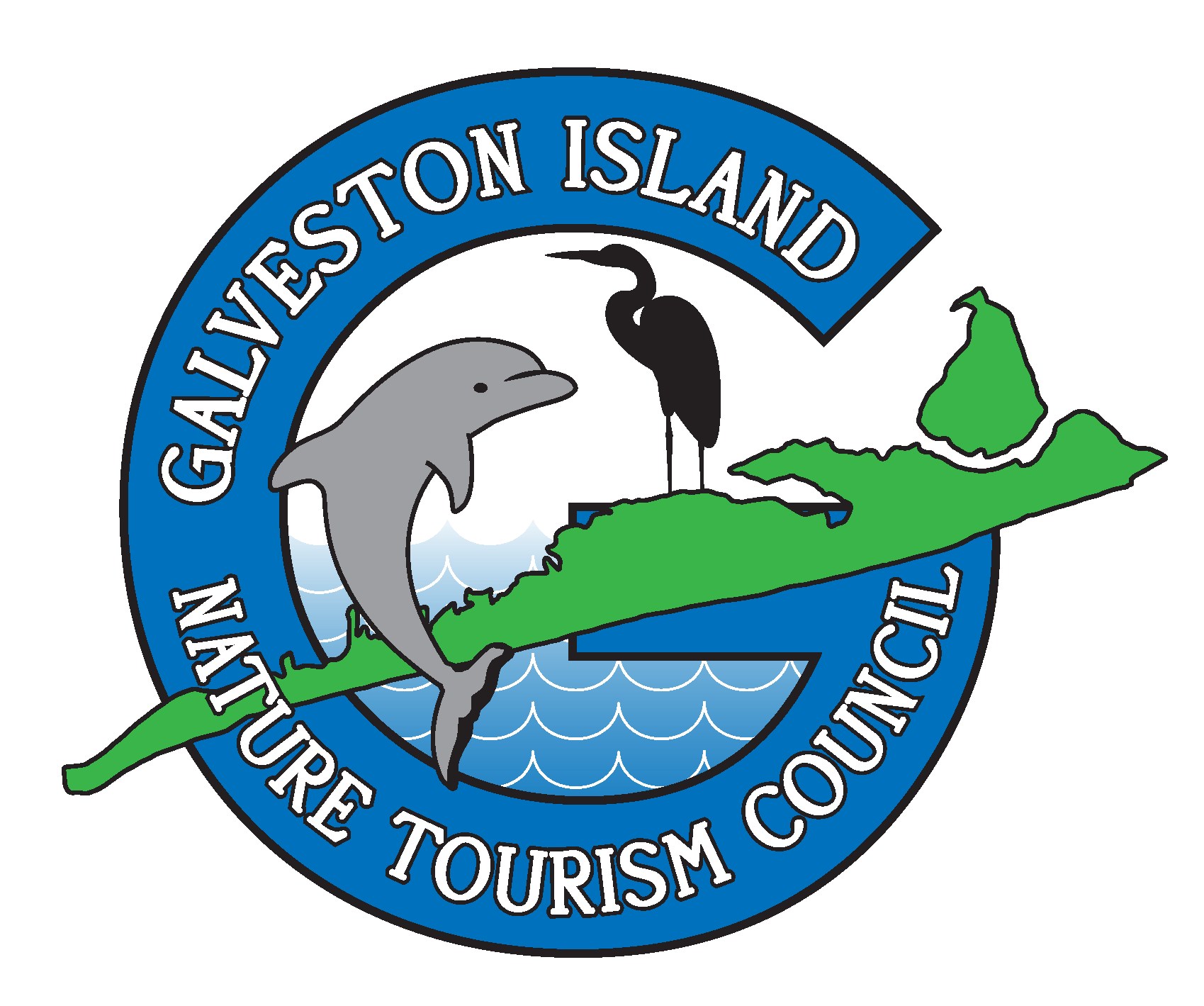
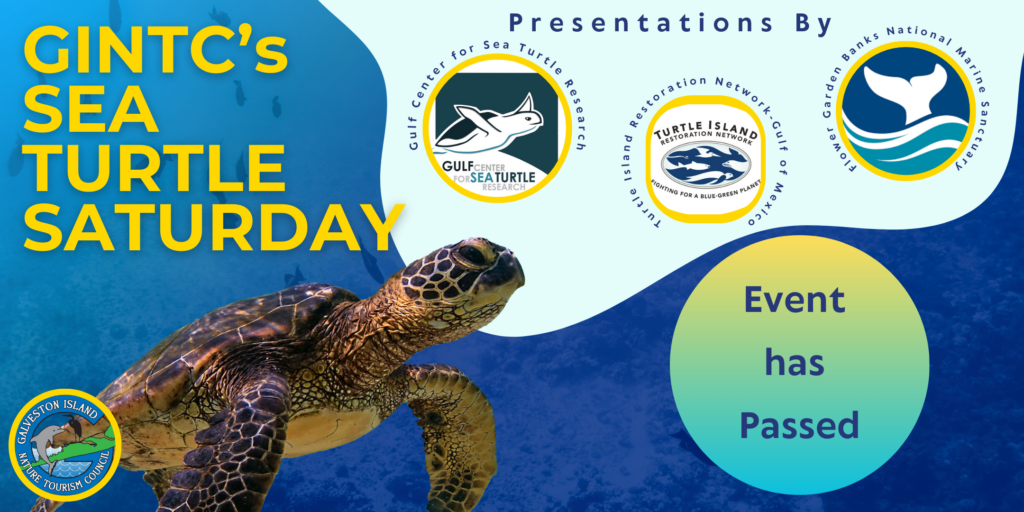

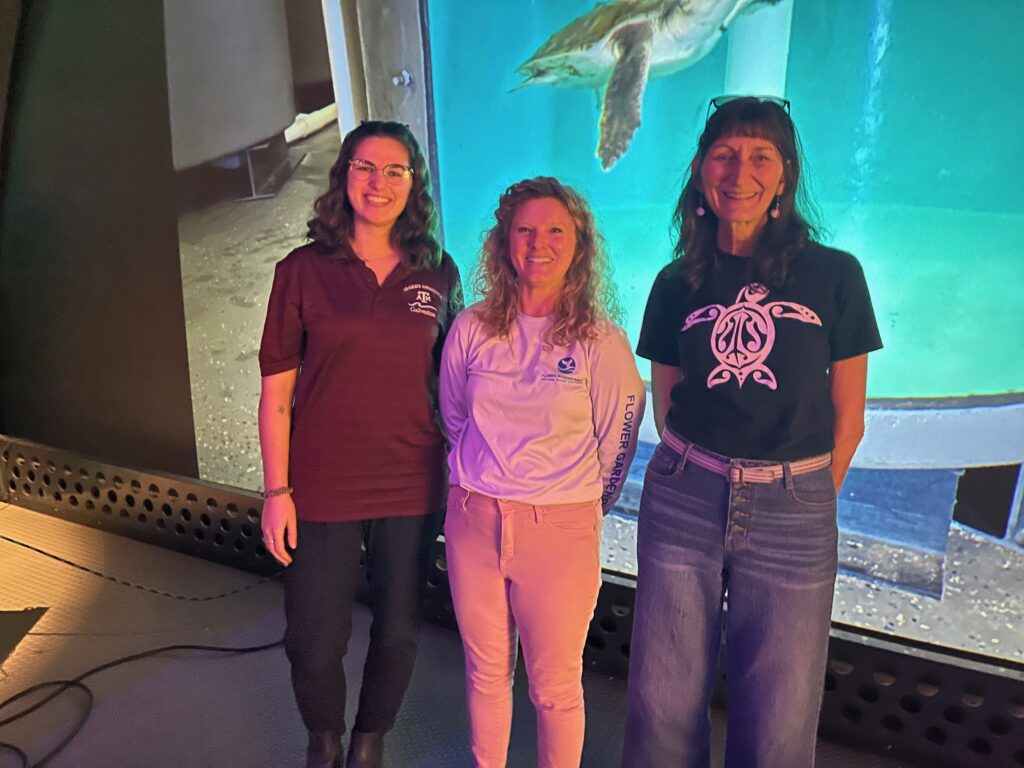
 Dr. Michelle Johnston, Superintendent, NOAA Flower Garden Banks National Marine Sanctuary
Dr. Michelle Johnston, Superintendent, NOAA Flower Garden Banks National Marine Sanctuary Madelyn Rupp
Madelyn Rupp Joanie Steinhaus is the Ocean Program Director for Turtle Island Restoration Network (TIRN).
Joanie Steinhaus is the Ocean Program Director for Turtle Island Restoration Network (TIRN).
